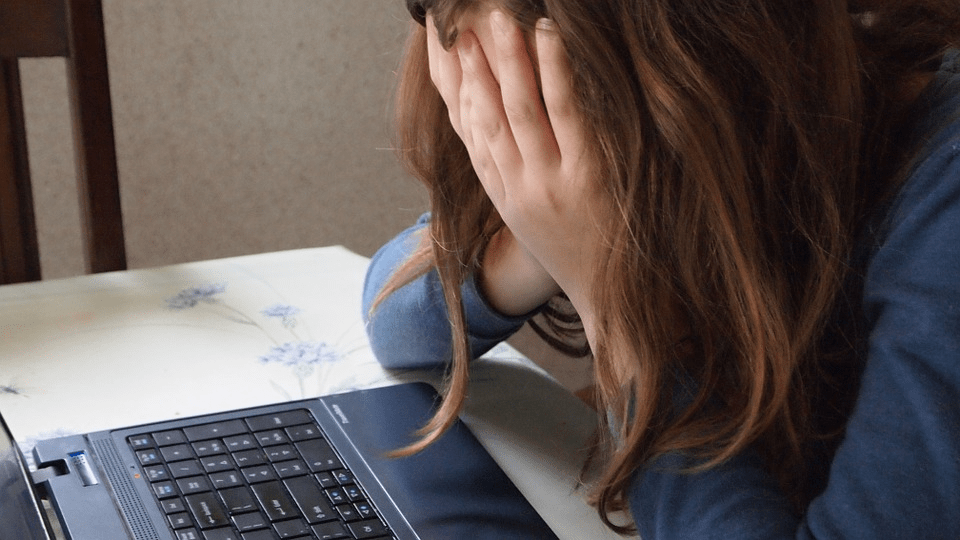When we hear about cyberbullying cases, we usually hear about it from the victim’s side. But what we don’t hear, and don’t see, is the story of the bullies, and the parents who have to deal with the shock, shame, and disappointment of possibly having raised one.
While this is something no parent ever wishes, it is also something they can’t turn a blind eye to and it needs to be addressed head-on. Parents also have to know which real-life legal consequences their children could end up facing. In his article, we’re going to touch on some of the signs that you may be harboring a cyberbully, what the legal repercussions could be, and what can be done about the situation.
How do I Know if My Child is a Bully?
There are plenty of signs that your child may be engaged in cyberbullying. For one, if you’ve noticed a change in their behavior and habits, or if they had a history of being bullies or violent, then this could be carried out online as well. People who were bullied often turn into cyberbullies themselves, so you have to be aware of that as well.
The best way to know that something is going on is if they are overly secretive about their online habits, close programs or switch screens whenever you come in, use a large number of different accounts, or if they get aggressive about how they’re using the internet. Know that you are within your rights to look over their activities online if they appear suspicious, so do whatever you can to get proof, even if it means using monitoring tools.
Understanding the Legal Repercussions
It’s also very important to understand the real legal repercussions of cyberbullying. While everything happens online, and not all negative or malicious online activity constitutes a crime, it’s important to know when your child is stepping into criminal territory.
And these can very significant charges. For instance, sexting could lead to child pornography distribution charges. If your child took a picture of someone in a compromising situation and posts it online or sends it to their friends, they could face charges for distributing child pornography if the person was a minor.
Also, while there is no specific law about cyberbullying, if your child ends up cyberbullying someone because of their race, religion, sexual orientation, national origin, or disability, this may fall under discriminatory harassment, which is in violation of federal civil rights.
What Should You Do if Your Child Could Possibly be Facing Charges?
The first thing you should do is consult with a lawyer who is familiar with these kinds of cases. A good defense attorney will be able to look at the facts of the case, see if there is any criminal wrongdoing, and guide you through the proper course of action. Not only will they be able to fight for your child but they will make sure that they get fair sentencing in case they are convicted.
Conclusion
Cyberbullying is a very serious affair for all parties involved, and it’s important that both sides understand the repercussions it can have. Make sure that you keep a clear line of communication between you and your child, and work on concrete solutions to correct the situation.

